Three Smart Investmests to Make in Your Relationship
RELATIONSHIPS AS INVESTMENTS
New relationships (dating) can often feel like risky investments in the stock market. You may have big gains, losses, and dreams of it being a smart decision. Most people treat dating differently than a long-term relationship.
A committed relationship or marriage is a lot like your retirement account. .The more you invest earlier on, the bigger the return for less work (or money). Relationships grow over time as you make small, consistent deposits of attention, care, and kindness. Measurable growth encourages us to keep the faith even when your relationship account takes a loss.
RELATIONSHIP RETURNS
There is this misconception that relationships only need the positive statement of love (“I love you”)--without any other acts or investments--to continue to grow. If you really want to start off with a strong foundation (or large deposit) that will nourish your fledgling relationship, here are some ideas:
Common investments:
Spending time together
Helping the other with errands or small tasks
Date nights
Texts, phone calls, video chats
Smarter investments for a bigger return:
1. Invest in yourself.
Learning emotional awareness and responsibility
Maintaining a good support system outside of your partner
Learning the Fair Play method to manage family tasks
2. Invest in your partner.
Checking in often to explore what’s going well in the relationship, and where there may be room for improvement
Learning how to ‘fight well’
Supporting during times of stress
Learning effective ways to communicate with your partner
Remember that communication needs will very if you are in a neurodiverse relationship
3. Invest in each other.
Couples counseling when things feel stuck or a conflict keeps coming up
Premarital counseling- Creating a strong foundation
Pre-baby counseling- Increasing connection and learning new skills before a couple becomes under-resourced with a new child.
Read books, listen to podcasts or attend workshops that strengthen connection in a relationship.
Couple Check-ins - weekly talks to explore how the relationship is going. I give step by step instructions on how to do this in my online ADHD Relationship Bootcamp.
For those who appreciate a visual aid, these are the trends I see with clients and my own relationship. This is not based on statistics.
RELATIONSHIPS AS LONG-TERM COMMITMENTS
We know these types of smarter relationship investments work in areas beyond the romantic, as evidenced by improved annual reviews, more productive one-on-one meetings, etc. Managers receive training on how people are wired to effectively communicate with them. If you can apply this mindset to your relationships (learning; making a mistake and correcting it; finding value in support and guidance), then your relationship can flourish.
The antiquated idea that if a relationship needs support, then there must be something seriously wrong with it, can drain your portfolio without you even realizing it. Financially speaking, a couple’s counseling session is generally cheaper than a nice dinner and show, and has a higher return on investment.
Thankfully, more people in the public eye are fighting the myth that true love doesn’t take work and skills. Check out what actress Kristen Bell recently had to say on the subject:
““We have a very healthy marriage and we got there by doing therapy when we needed it, and constantly doing fierce moral inventories,” ”
Whether you call it “doing moral inventories” or “making consistent deposits,” the idea is the same: relationships do best when viewed as long-term commitments carefully tended by regular investments in yourself, your partner, and each other.

